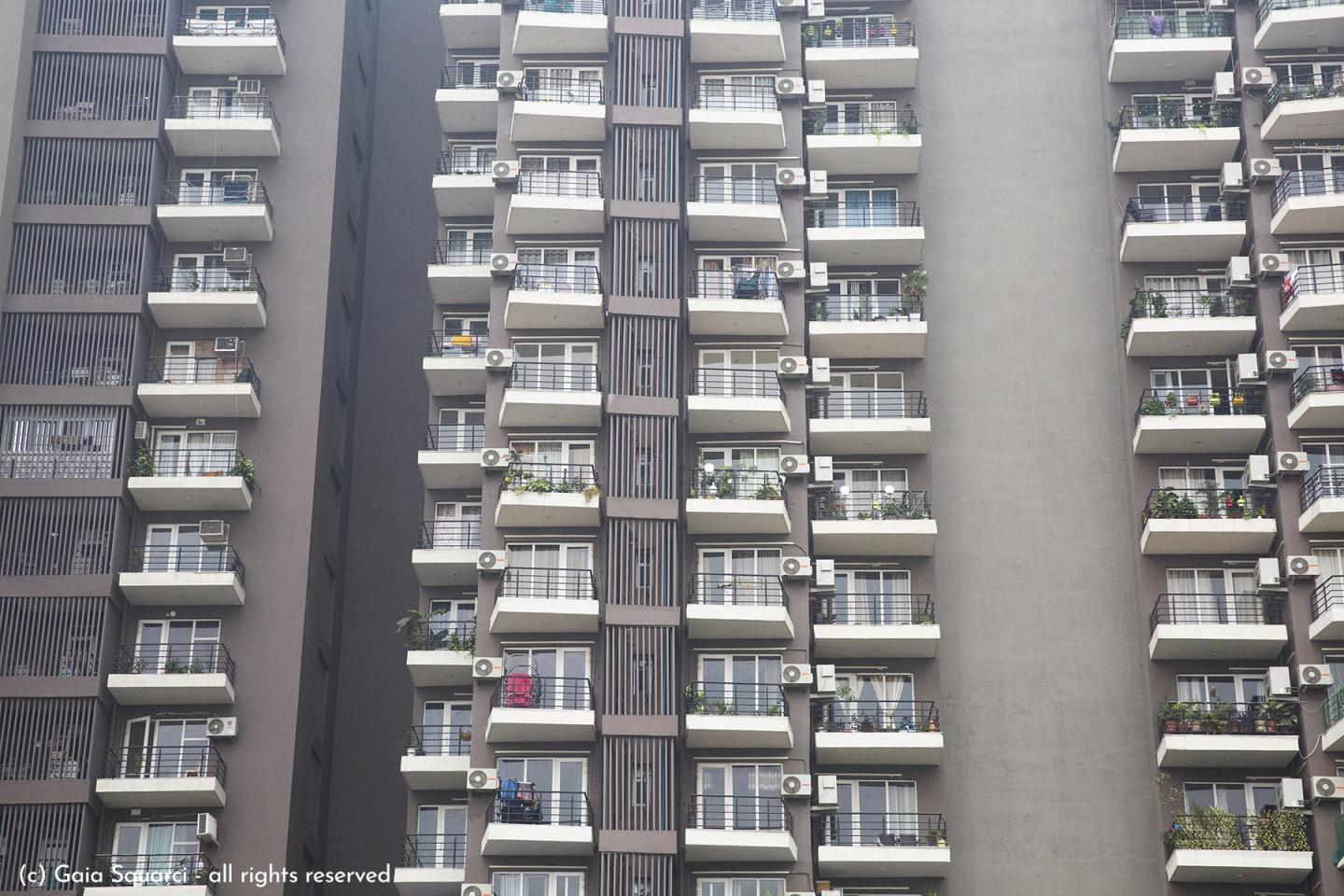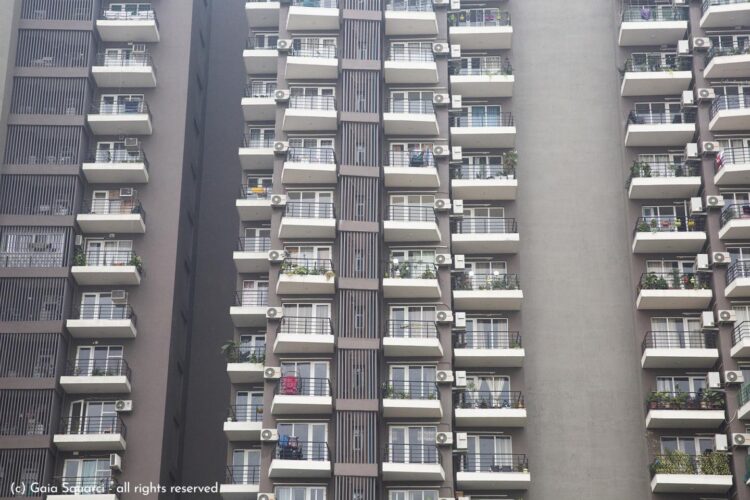
Credit: Gaia Squarci
A new study published in Economic Modelling by researchers at Ca’ Foscari University and CMCC shows that owning and using an Air Conditioner greatly increases the electricity bills of households, with important implications for the energy poverty of the less well-off.
Previous studies, mainly focused on the US, estimated an increase of household spendings for electricity bills of about 11%. This new study, analysing the socio economic characteristics of households in eight other OECD countries (Australia, Canada, France, Japan, the Netherlands, Spain, Sweden, and Switzerland) and climate data coming from a NASA dataset, finds that on average, using an AC brings 42% more spending for electricity bills, with respect to the ones who do not have an AC unit in their home.
The actual increases will depend on the intensity of the change in climate households will have to face in the future. Those additional spendings are thus a new factor influencing the energy poverty of the poorest households, a situation arising when the families spend more than 5% of their annual income on electricity.
According to BPIE, in 2014 the population already affected by fuel poverty in Europe ranged from 10% to 15%, depending on the member state. This new study shows a more worrying situation.
“The concept of energy poverty is usually related to ensuring adequate heating during the coldest months – explains Enrica De Cian, professor of Environmental Economics at Ca’ Foscari and leader of the Energya team which drafted the study. – Our data, however, indicate that we should widen the concept to include the increasing role of cooling during the summer months. Poorest households already spend a consistent share of their budget for basic goods such as food and electricity. The latest will have to increase to ensure adequate protection of our health especially among the most vulnerable members of households during heatwaves.”
Owning an AC has already important implications for the energy expenditures of households, up to the scale of countries and beyond, with great variations across countries: it represents about 11% of the total final energy use in buildings in the US, while only 1.2% in Europe.
“Our analysis reveals that in Spain 18.5% of households already spend more than 5% of their annual budget in electricity – confirms the Venitian professor. Those percentages are generally higher in coldest countries, reaching for instance 24.2% in Sweden. In France and Switzerland, we find lower numbers, respectively 8% and 5%.
Who uses ACs and why
“The innovative element of this work – adds Teresa Randazzo, first author of the study – is that we take into account drivers of AC adoption and use in households that are difficult to observe and measure, such as the personal perception of thermal comfort, the risk aversion, or the environmental awareness.”
The study disentangles the various characteristics of individuals and households to point out to the ones leading – or not – to a wider AC adoption. For instance, a larger share of younger members brings a wider adoption of AC, while more educated individuals tend to use those appliances less, suggesting they are more aware of the impact of energy on the environment.
Similarly, households that are more accustomed to adopting energy-saving behaviors are less likely to adopt AC. On the opposite, those with a high number of appliances tend to have a higher propensity for AC – which may be an indication that those used to higher standards of comfort are also more inclined to adopt AC.
“Living in an urban area increases the probability of having AC by 9 percentage points, a sizable effect compared to the role of income and climate, probably due to the heat island effect in cities” adds Malcolm Mistry, responsible for the climate data analyses for the Energya project and co-author of this study.
Data analysis of households and climate
To understand the dynamics of AC adoption in industrialized countries and its impact on the budget of households in the light of climate change, the Energya team examined eight OECD countries spanning across mid-latitudes: Australia, Canada, France, Japan, the Netherlands, Spain, Sweden, and Switzerland.
To do so, the researchers combined the information of 3,615 geocoded households from a dataset released by the OECD with a historical climate dataset based on NASA-GLDAS data. “Our elaboration of this climate dataset includes Cooling Degree-Days (CDDs) for the last 49 years, an indicator commonly used in the literature to capture the typical intensity and duration of warm days, and the corresponding cooling requirements” explains Malcolm Mistry.
AC global trends
From 1990 to 2016 global annual sales of air conditioners more than tripled to reach 135 million units worldwide, with figures from the residential sector alone underscoring the trend. China leads, with 41 million residential units registered, followed by 16 million in the US, and roughly 9 million in both Japan and Europe. Penetration of air conditioning in households is expected to continue to increase sharply, because of climate change and thanks to increasing standards of living, reaching 21% in Spain and 35% in France in 20 years from now” concludes prof. De Cian.
###
Media Contact
Enrico Costa
[email protected]
Original Source
http://www.
Related Journal Article
http://dx.





